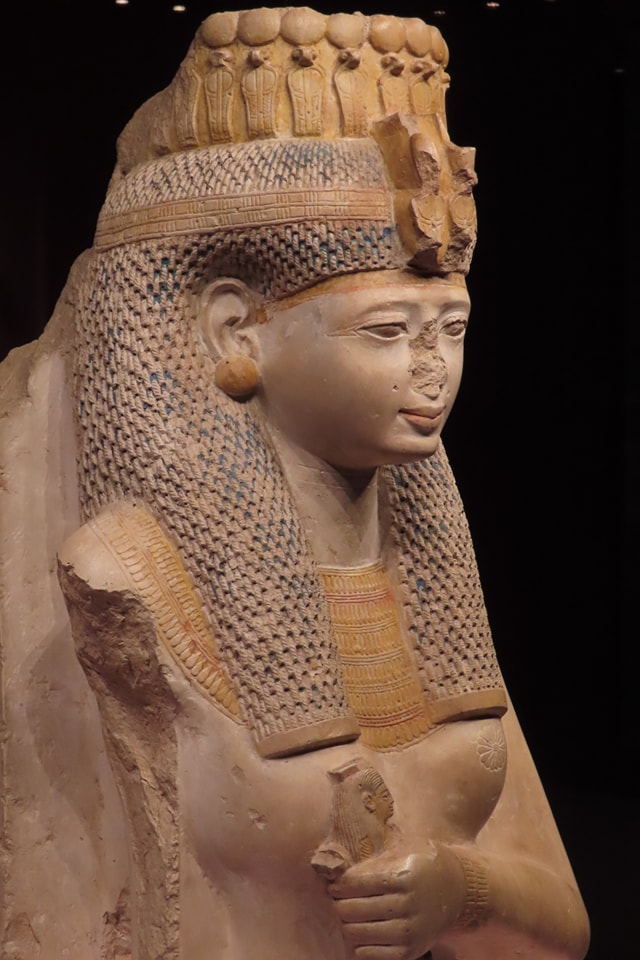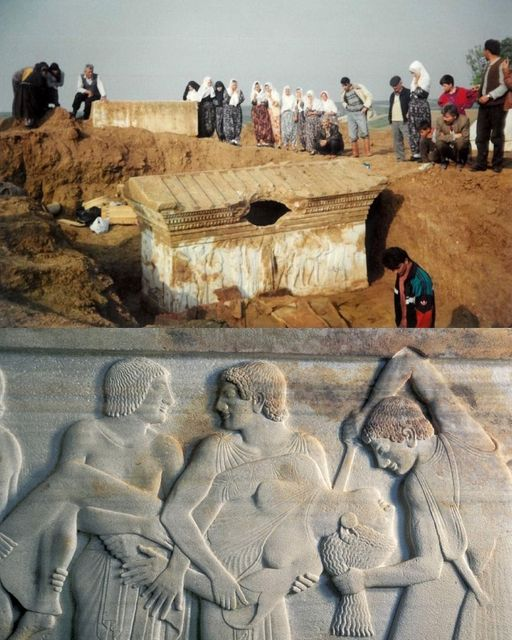In the annals of history, few discoveries have captivated the imagination of scholars and enthusiasts alike as profoundly as the Rosetta Stone. In the year 1799, amidst Napoleon's Egyptian campaign, his engineers stumbled upon this ancient artifact, igniting a fervor of excitement across learned circles in Europe and beyond. What made the Rosetta Stone extraordinary was its inscription in three distinct languages: Egyptian hieroglyphics, Demotic script (a cursive form of hieroglyphics), and Greek. This trifecta of languages provided a unique opportunity for decipherment and marked the dawn of Egyptology as a field of study.

The significance of the Rosetta Stone cannot be overstated. Its discovery unlocked a treasure trove of knowledge about ancient Egypt, a civilization shrouded in mystery for centuries. Scholars were now able to compare and analyze the inscriptions across the three languages, leading to a breakthrough in decipherment. However, it wasn't until 1822, with the brilliance of Jean-Francois Champollion, that the riddle of hieroglyphic script was finally solved. Champollion's decipherment marked a pivotal moment in history, heralding the beginning of Egyptology proper.
As the veil of linguistic mystery was lifted, a new understanding of ancient Egyptian culture emerged. The inscriptions and documents revealed a society that had achieved remarkable advancements across various domains, including mathematics, medicine, astronomy, metallurgy, philosophy, religion, and the arts. These revelations challenged long-held beliefs about the origins of knowledge and civilization, reshaping the intellectual landscape of the time.

For centuries, Western thought had been anchored in the belief that Greek civilization was the pinnacle of ancient wisdom. However, the discoveries facilitated by the Rosetta Stone shattered this paradigm, prompting a paradigm shift in scholarly perspectives. The intellectual achievements of ancient Egypt, once overshadowed by Greek influence, now commanded recognition and respect, fundamentally altering the trajectory of historical understanding.
In the wake of Champollion's decipherment, a newfound appreciation for ancient Egypt blossomed. Archaeologists embarked on expeditions to uncover the remnants of this enigmatic civilization, delving into the depths of its monuments, temples, and tombs. The legacy of the Rosetta Stone lives on as a symbol of human curiosity and perseverance, reminding us of the endless possibilities that await those who dare to unlock the secrets of the past.











